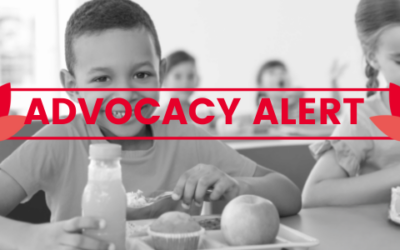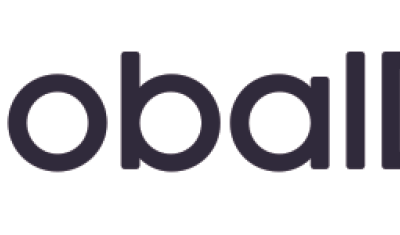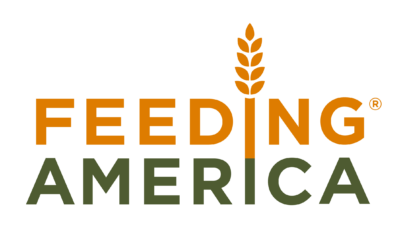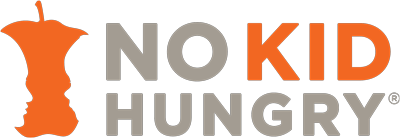Get ready to learn about the exciting initiatives underway in our state that aim to bridge the gap between communities and schools! Join us as Rachel Fobare takes us on a journey through the implementation of Erin’s Law in our schools and shares valuable information...
Legislative Action
Ask your State Representative to Support Healthy School Meals for All
House Bill 5022 seeks to give all public school students breakfast and lunch each school day at no cost to families!
Global Data
Global Data is a data and analytics provider. Access Obesity’s Impact on South Carolina’s Economy and Labor Force, their study on the economic and workforce implications of obesity in the State of South Carolina, as well as the impact on state tax revenue collections and costs. The analysis focuses on adults who are currently part of the workforce or would have been in the workforce if they did not have obesity.
The State of Childhood Obesity
A project of the Robert Wood Johnson Foundation, The State of Childhood Obesity collects the best-available data on childhood obesity rates, synthesizes and makes recommendations on key policies to prevent obesity, and highlights stories of action from across the country. Find South Carolina-specific data.
Trust for America’s Health
Trust for America’s Health issues an annual report, The State of Obesity, indicating trends in health outcomes for each state and its counties. Find data related to South Carolina.
USDA Food Environment Atlas
The USDA collects data on food environment indicators to stimulate research on the determinants of food choices and diet quality and to provide a spatial overview of a community’s ability to access healthy food and its success in doing so. Find statistics on South Carolina and its counties.
Feeding America
Feeding America has produces an interactive map of food insecurity estimates around the United States. Find the latest South Carolina data related to food insecurity and hunger.
No Kid Hungry
No Kid Hungry aims to solve the problems of hunger and poverty through advocacy and community grants. Find facts about hunger and poverty and who has received a No Kid Hungry grant.
Food Research and Action Center
The Food Research & Action Center (FRAC) improves the nutrition, health, and well-being of people struggling against poverty-related hunger in the United States through advocacy, partnerships, and by advancing bold and equitable policy solutions. Access current data, fact sheets, and reports on hunger.









